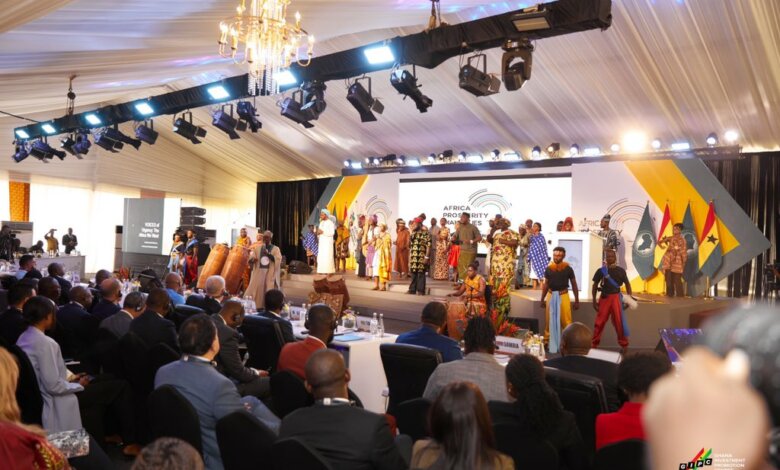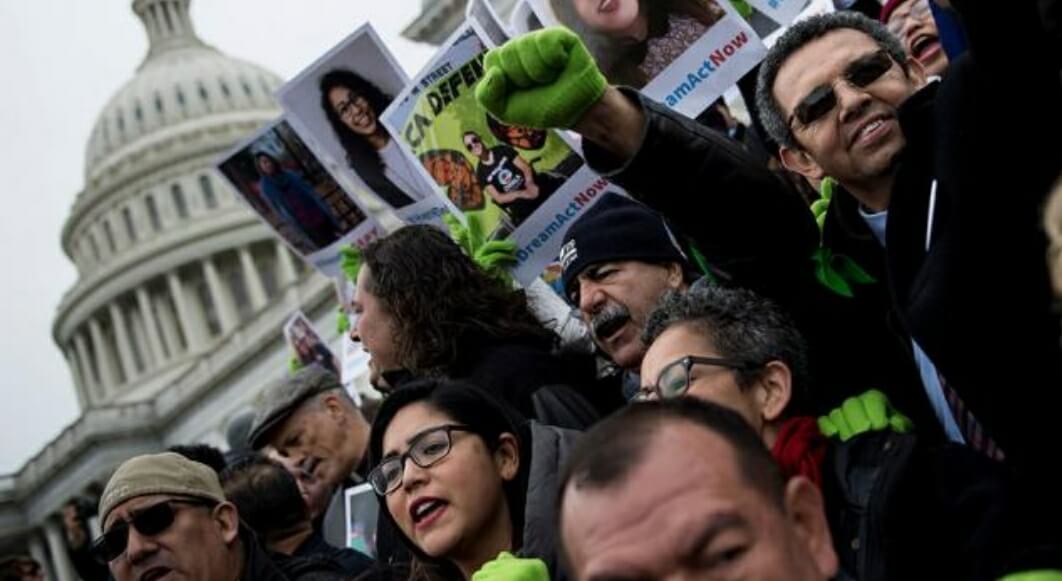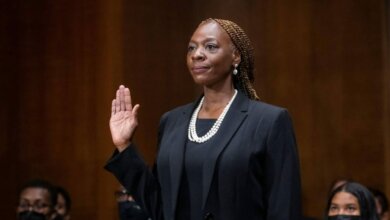2nd Africa Prosperity Dialogues priotizes value-added productions

Leaders in Africa pressured governments and the business sector at the 2024 Africa Prosperity Dialogues, to take advantage of the many advantages that exist across nations in order to guarantee that natural resources are converted into products with added value in order to facilitate unrestricted intracontinental commerce.
The summit was organised by the Africa Prosperity Network (APN), in partnership with the Africa Continental Free Trade Area (AfCFTA) Secretariat and the Government of the Republic of Ghana, among others. The 2024 edition was a three-day January conference hosted at the Peduase Presidential Lodge, Aburi, Eastern Region, Ghana, under the theme; “Delivering Prosperity in Africa by Producing what we Trade”.
It serves as a dedicated annual platform which brings together Africa and Global Africa’s business executives and organisations, thought leaders, and political leaders to think together, plan together and work together with the needed urgency to drive the goal of building the world’s largest single market in Africa.
The Africa Prosperity Dialogues was adopted by the African Union on 19th February, 2023, by its supreme policy and decision-making organ, as an important instrument for mobilising private sector ownership and drive of the continent’s all-important AfCFTA project. This took place at the 36th Ordinary Session of the Assembly of Heads of State and Government.
At the start of the 2024 Africa Prosperity Dialogues, the President of Ghana, Nana Ado Dankwa Akufo-Addo, the former President of Mozambique, Mr. Joaquim Alberto Chissano, and Secretary General of AfCFTA Secretariat, Wamkele Mene, issued this call.
“To unlock the full potential of trade for prosperity, let’s prioritise the development of efficient transportation and logistics infrastructure, streamline trade processes and embrace digital technologies that facilitates cross border transactions,” said President Akufo-Addo.
“Africa is not a poor continent, in fact, she’s too rich to be poor; our continent has oil, gas, minerals and abundance of sunlight. We have some 65 per cent of all arable land available to feed nine billion people globally by 2030.”
Former Mozambican President Joaquim Alberto Chissano issued a challenge to African governments and the private sector, asking them to take their time adding value to natural resources in order to facilitate intracontinental trade.
Mr. Chissano, who’s also the Chairperson of the Africa Forum, stated that Africans can guarantee the continent’s prosperity. He challenged entrepreneurs, investors, and governments to capitalise on their diverse assets in order to provide mechanisms “that will produce and add value to feed our people and reduce hunger and ensure that every nation in Africa is food secure.”
“It’s not the government that trades; it’s the private sector that trades,” stated Mr. Wamkele Mene, Secretary General of the AfCFTA Secretariat, urging business to take the lead in implementing the free trade agreement.
He was hopeful that the implementation of the AfCFTA would provide the means to realise the vision of an Africa that produced as much as it consumed.
Consequently, the Secretary of State, Mr. Mene, stated that they had “developed a private sector strategy, identifying key sectors, which combined, creates a market of US$130 billion for investment across value chains.”
He added that the private sector could now confidently ascertain the duties that apply to the goods they wish to export thanks to the AfCFTA tariff book that the Secretariat has created.
The Dialogues are inspired by the recognition that Africa’s political and business leaders must work closely together to shape, drive, and deepen intra-Africa trade and investments to achieve sustainable prosperity across the continent through the speedy and full implementation of the AfCFTA.
“AfCFTA’s success is our success. If it works, it will boost significantly trade and investments, provide jobs and increase prosperity across the continent, like never before. But, in order for it to work and wrk for us, the workings of the AfCFTA must be seen and felt from the onset to be for the people of Africa. For our collective ownership and shared benefit, it must be owned by businesses in Africa” said Gabby Asare Otchere-Darko, founder and chairman of the Africa Prosperity Network in a pre-event statement.
Source: TheAfricanDream.net
Abeeb Lekan Sodiq is a Managing Editor & Writer at theafricandream.net. He is as well a Graphics Designer and also known as Arakunrin Lekan.




